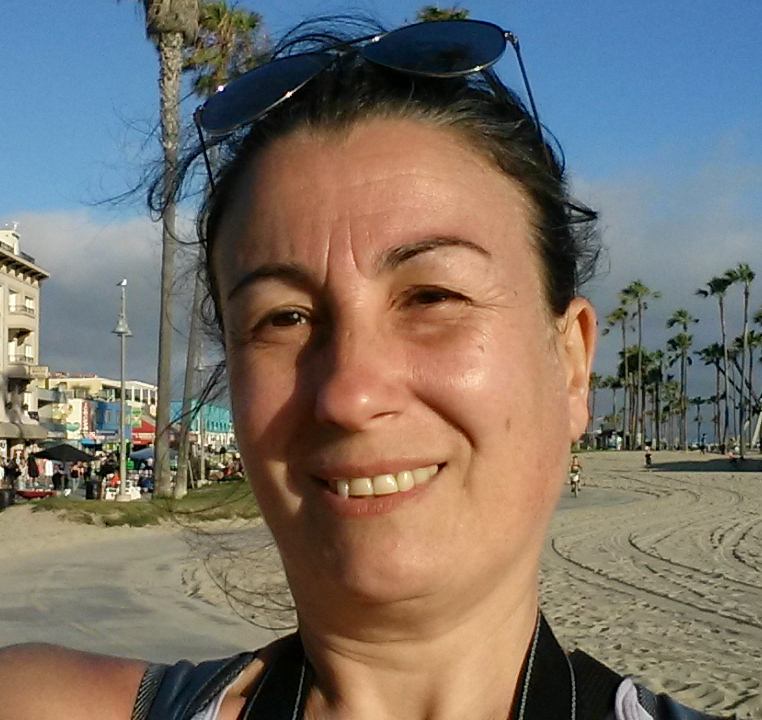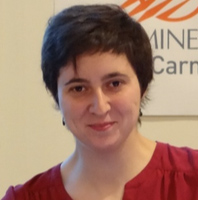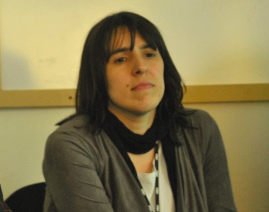A key motivation for the project is that interoperability across heterogeneous organizations is a complex task, where a key element to enable real collaboration between them is to define without ambiguity the concepts that are involved and their relations.
Integrating this knowledge and information in an interoperability platform allows participants to connect their own solutions to the software
provided by the platform, in an easier way.
Previous works from the participant research groups have dealt with ontologies and metamodels for crisis management, interoperability platforms definition,
collaborative processes modeling and execution in BPMS platforms, processaware information systems, and e-government solutions.
The results of the project will integrate existing knowledge and previous works from the participant research groups, generating a more complete,
integrated and robust proposal to be used as basis for inter-organizational collaboration in the e-government domain. Also this project aims at promoting future collaborations for other domains such as health, education, among others.
In order to ensure interoperability across heterogeneous partners through inter-organizational collaborative processes, it is necessary for them to share a common framework. As such, a core collaborative metamodel has been defined to support inter-organizational collaborations whichever the field of application (French team). It has five main parts specifying elements for: Context, Objectives, Partners, Behavior and Performance of the collaborations. This core metamodel can be specialized in specific business field collaborations, and as a first iteration, it has been extended to a crisis management layer. In addition, a whole Mediation Information System (MIS) has been developed based on this metamodel and allows organizations to support their inter-organizational collaborations through three main parts: modeling collaborative situations based on the adapted metamodel, the deduction of collaborative BPMN 2.0 inter-organizational processes to achieve the objectives of the collaboration and, on run-time, the detection of variation between the expected and the real situation and on-the-fly adaptation of the collaborative process.
The main focus of an integration platform is to provide support for inter-organizational collaborative business processes and services execution, within a distributed environment. An Interoperability Platform (Plataforma de Interoperabilidad, PDI) has been defined within the Uruguayan e-Government Platform (PGE) (Uruguayan team), which has a middleware platform based on an Enterprise Service Bus (ESB) and Complex Event Processing (CEP) technologies. It provides different types of integration capabilities including connectivity, mediation, messaging, dynamic adaptation, context-awareness, advanced monitoring, domain-specific integration mechanisms and regulatory compliance, among others. The PGE was developed by the Uruguayan e-Government Agency ( Agencia de Gobierno Electrónico y Sociedad de la Información y del Conocimiento, AGESIC), also includes a Citizens Portal.
Complex interaction scenarios for e-government usually comprise collaborative business processes involving heterogeneous participants: organizations (employees, technologies), partners (providers, consumers), and users (citizens, foreigners), with different capabilities, needs, and available technical support. We can identify two main types of interaction scenarios for e-government analysis models: (i) closed, in which interactions between organizations are explicitly defined and agreed as collaborative BPs; or (ii) open in which organizations offer capabilities for integration, not explicitly agreeing on their processes but mainly on the contract of the capabilities they provide or require to be able to participate in the collaboration. Capabilities for payment, event awareness, security, process monitoring and analysis, open data, integration with social networks, prediction, among others, present relevant issues to tackle within e-government support.

The French and Uruguayan team meets at the SCC conference held in Alaska, USA in July. The Uruguayan and Chilean team collaborates within the CLEI community, the XL CLEI conference is held in September at Universidad de la República, Montevideo, Uruguay. The BPMuy workshop is co-located with CLEI with a keynote given by the Chilean team responsible.

The Uruguayan team responsible visits the French team in Albi, France in May to start collaborations. In November, the French team responsible visits the Uruguayan team in Montevideo, Uruguay to give a keynote in the BPMuy workshopand teach a posgraduate course.

The SticAmsud project takes form, the research teams are connected via the Uruguayan team and the project is written and presented to the SticAmsud call.

MOPAIOSIP project is funded by the SticAmsud program. Three meetings between research teams take place: 2018, April in Valparaíso, Chile, and October in Montevideo, Uruguay; 2019, September in Albi, France.

IMT Mines Albi, France
French team responsible
International coordinator

Universidad de la República, Uruguay
Uruguayan team responsible

Universidad de la Frontera, Chile
Chilean team responsible

IMT Mines Albi, France
French team

Universidad de la República, Uruguay
Uruguayan team

Universidad Técnica Federico Santa María, Chile
Chilean team

Universidad de la República, Uruguay
Uruguayan team

Universidad de la República, Uruguay
Uruguayan team

Universidad Técnica Federico Santa María, Chile
Chilean team

Universidad Pontificia Bolivariana, Colombia
Chilean team
Several posgraduate and undergraduate students from each research team participated in the meetings and seminars that were carried out within the project.